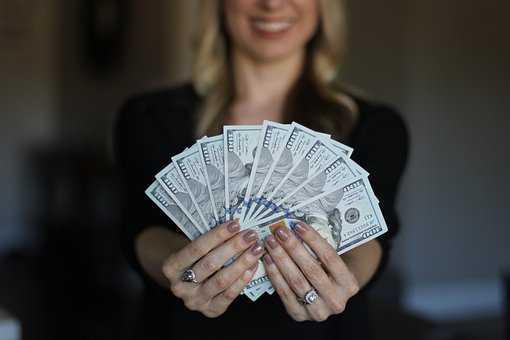Increasing your well-being
A growing body of research shows we can reliably raise our well-being.
Reframing the way we think about money and making financial decisions can lead to long-term gains in life satisfaction. Just having money doesn’t necessarily mean greater happiness, but using it well can.
257
744 reads
CURATED FROM
IDEAS CURATED BY
"There's no money in poetry, but then there's no poetry in money, either." ~ Robert Graves
The idea is part of this collection:
Learn more about moneyandinvestments with this collection
The importance of physical activity
The role of genetics in lifespan
How to maintain a healthy diet
Related collections
Similar ideas to Increasing your well-being
Subjective well-being = Genes + Circumstances + Habits
- Subjective well-being is preferred by social scientists instead of happiness because it's not so vague and subjective.
- Research shows there is a big genetic component in determining the baseline you always seem to return to after events sway your mood.
- ...
Considering How Much is Enough
You don't have to be wealthy to achieve financial well-being. Research shows that beyond a modest point, more money has a limited effect on happiness.
- Once our basic needs are met, we can quickly get used to increased wealth. Our financial status may...
Read & Learn
20x Faster
without
deepstash
with
deepstash
with
deepstash
Personalized microlearning
—
100+ Learning Journeys
—
Access to 200,000+ ideas
—
Access to the mobile app
—
Unlimited idea saving
—
—
Unlimited history
—
—
Unlimited listening to ideas
—
—
Downloading & offline access
—
—
Supercharge your mind with one idea per day
Enter your email and spend 1 minute every day to learn something new.
I agree to receive email updates
